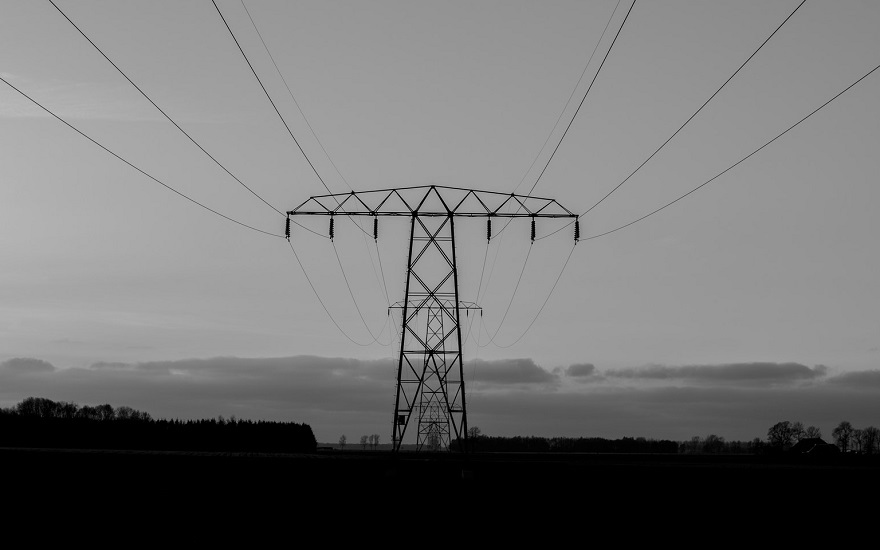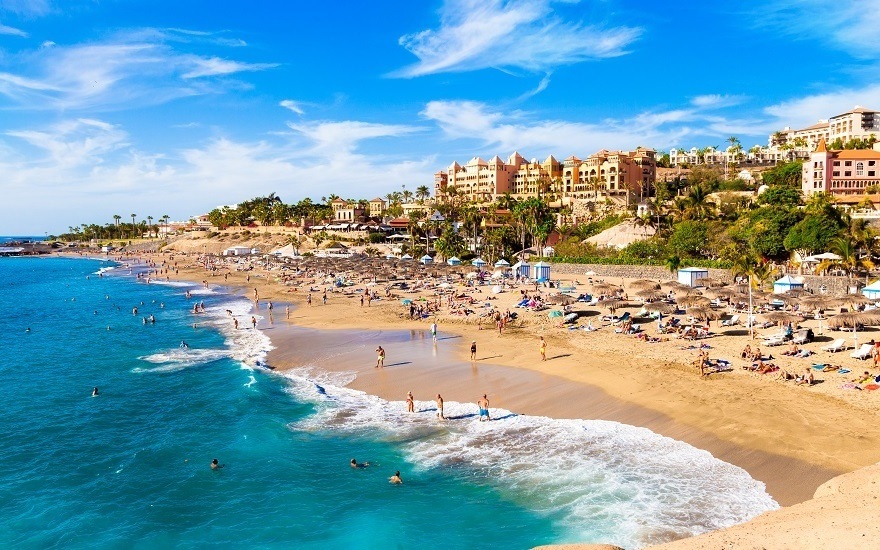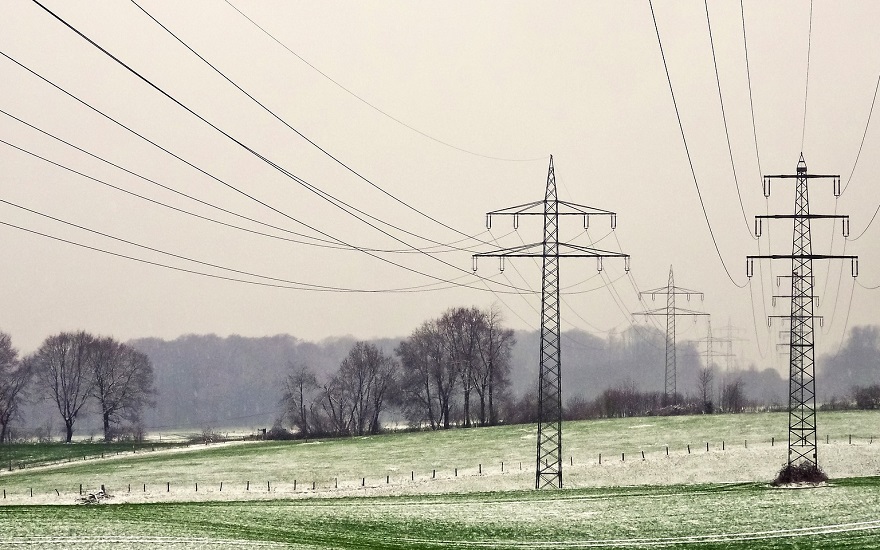10-point action plan included in the E3C final report into 9 August blackout emphasises need to improve UK’s power resilience.
The Energy Emergencies Executive Committee (E3C), a group comprising government, regulator Ofgem and the wider energy industry, publishes a series of recommendations to try and prevent a similar incident occurring again.
Building on its interim report from September, the committee’s final verdict advocates a review into whether National Grid ESO should increase its backup reserves.
In addition, it calls for improvements to governance, monitoring and enforcement processes for both large and small-scale power generators.
E3C Final Report’s 10 Recommendations
The E3C final report covers five key themes (Loss of Generation; Reserve and Response; Low Frequency Demand Disconnection; Impact on Essential Services; and Communications Channels).
It offers the following 10-point plan to enhance the security of the network moving forwards:
- Action 1: The E3C, in collaboration with the relevant trade associations and generators, to disseminate lessons learnt to the wider electricity connected generation community
- Action 2: The ESO, in consultation with large generators and transmission owners, should review and improve compliance testing and modelling processes for new and modified generation connections, particularly for complex systems
- Action 3: The E3C, in collaboration with relevant trade associations and the DCRP, to review embedded generators’ understanding of, and compliance with, the Distribution Code; and assess whether the current governance, monitoring and enforcement processes are fit for purpose
- Action 4: The ESO and DNOs through the Energy Networks Association (ENA), should review the timescales for the Accelerated Loss of Mains Change Programme, and consider widening its scope to include distributed generation that unexpectedly disconnected or de-loaded on 9 August
- Action 5: The ESO, in consultation with industry, should undertake a review of the Security and Quality of Supply Standard (SQSS) requirements for holding reserve, response and system inertia
- Action 6: The E3C, through the DNOs and the ENA, to undertake a fundamental review of the Low Frequency Demand Disconnection (LFDD) scheme including its application and administration by the DNOs, and present options for short- and long-term improvements
- Action 7: E3C to scope and define what an essential service is, and better understand their capacity to deal effectively with power disruptions
- Action 8: E3C to develop and deliver guidance for essential services owners/operators, to support contingency, continuity and resilience planning
- Action 9: E3C, through the Communications Task Group (CTG), to develop and test a comprehensive communications strategy for use by industry and government
- Action 10: E3C, through the CTG, to develop and test revised operational protocols and frameworks for communications between wider industry during incident response scenarios
Response To The Report
The Government has confirmed it will implement the 10 recommendations in full, claiming it will strengthen Britain’s power network as the nation transitions to “clean and affordable energy”.
“The disruption caused to people and businesses by the power cut in August was unacceptable.
“However, customers can be confident that we have one of the most robust energy systems in the world and today’s report will help us reduce the risks of it happening again and ensure our energy sector is better prepared in the future.”
– Business and Energy Secretary Andrea Leadsom MP
Energy regulator Ofgem published its own findings into the 9 August event, focusing on the performance of National Grid ESO and the DNOs across England and Wales.
It also collated fines totalling £10.5 million from the owners of the Little Barford and Hornsea power stations, plus the DNO UK Power Networks.
National Grid responded to the final report by saying it is already reviewing how to make the network more resilient. It will publish its next findings in the Spring.
“We are pleased the Ofgem and E3C reports confirm there is no link between our actions and the power cut of 9 August.
“We operate one of the safest and most resilient power networks in the world and, while we fully recognise the disruption that the outage caused, our systems performed as they should.
“The recommendations included in the reports, many of which we had already made as part of our final technical report, include a review of the Security and Quality of Supply Standard (SQSS). We’ve already begun this review and will update the SQSS industry panel by April 2020.
“We will continue to work with Ogem, E3C and colleagues across the industry to address the issues raised and make sure that lessons are learned, and any changes made are in the best interests of the consumer.”
– Spokesperson for National Grid ESO
The report comes hot on the heels of regulator Ofgem “fining” three energy companies a combined £10.5 million for their involvement in the power outage.




